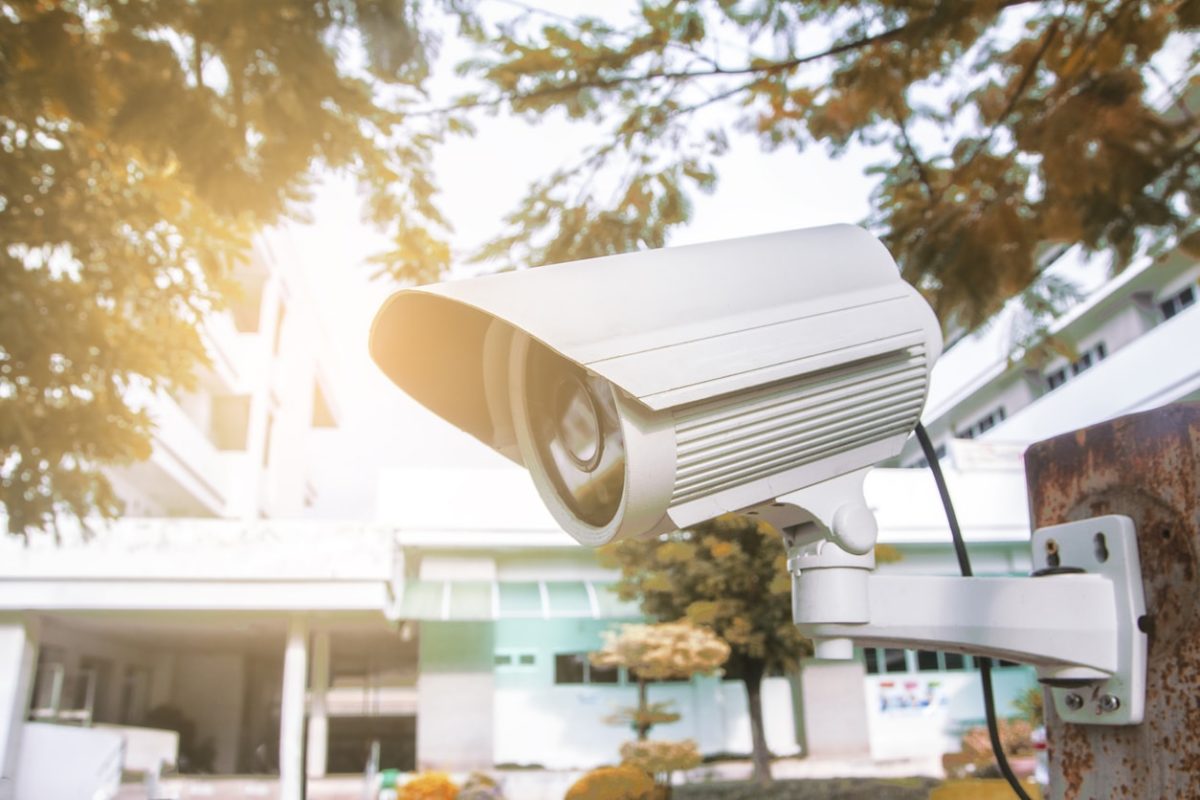Across the United States, millions of seniors receive healthcare services from assisted living facilities (ALFs). These facilities are responsible for compassionate, accurate, and safe delivery of services. Among the concerns for ALFs is the role of security. Security of buildings has two-fold benefits for ALF owners and operators; these measures protect residents against unwanted intruders, and also helps keep at-risk residents from leaving the facility. Security is an important part of the risk management process for healthcare facilities, which also includes the protection of assisted living facility insurance. In this guide, we will explore security considerations, helping facility operators to make smart decisions about this crucial part of the resident safety landscape.
A Case for Enhanced Security in Assisted Living Facilities
Security breaches in assisted living facilities have made the news numerous times. Perhaps one of the most heartbreaking stories in recent years occurred in 2018 at an ALF in Clayton, Georgia. 94-year-old Curliene Golden was sexually assaulted by a facility intruder. She died not long after the assault was reported to authorities. In this case, there is a continuing dispute over whether the facility adhered to federally-mandated reporting guidelines, attempted to preserve evidence of the crime, and implemented adequate safety measures that would have helped to prevent the tragedy.
Months after the reported assault, an investigative news team visited the Clayton County facility. Although security cameras were in place in hallways and common areas, the facility’s staff told reporters that they were inoperable, and were not working at the time of the assault. A subsequent visit to the facility’s corporate office was fruitless; the office and its attorney did not respond to requests for information. Even after a highly-publicized crime, it was clear the facility did not believe security was paramount in protecting residents.
Violence and Security Issues in Care Facilities
Government agencies and industry watchdogs have sounded alarms regarding lax security standards in healthcare facilities, which includes nursing homes and ALFs. Security does not only benefit patients; it can also protect the facility’s staff and physical assets from harm. According to data compiled in 2015 by the U.S. Bureau of Labor Statistics, occupational violence rates in the healthcare industry exceed almost every other industry; a rate of 6.8 non-fatal violence cases per 100 full-time workers was shown in the statistical overview. Certain long-term care units saw even higher rates, with up to 35% of workers reporting physical injuries inflicted by residents.
The International Association for Healthcare Security and Safety (IAHSS) conducted a survey in which facility managers indicated their top safety concerns. Among the findings in the survey were four major concern areas:
- Aggression or violence by facility residents
- Aggression or violence by members of the public
- Theft and related crimes experienced by facility staff and residents
- Elopement (unauthorized and unmonitored leaving of facility premises) and wandering of facility residents
It goes without saying that these security concerns cost the healthcare industry millions of dollars each year in legal claims and settlements. Assisted living facility insurance covers some of the costs associated with these claims. Still, it is imperative that facility managers and staff take security seriously in order to reduce the expenses and lost productivity related to security breaches.
Implementing a Security-Minded Workplace Culture
A security breach in an assisted living facility can be devastating for staff, residents, and their family members. Petty theft is but one of many potential security concerns faced by healthcare facilities; an injury, violent crime, or death is a very real possibility if security is allowed to fall by the wayside.
To improve security within assisted living facilities, several organizations have worked to find solutions. An initiative spearheaded by the Joint Commission defined a series of small but important changes for healthcare facilities, including:
- A commitment by facility leaders to achieve a rate of zero patient harm.
- A robust and functional safety culture that permeates every aspect of each facility.
- Deployment of effective process-improvement strategies, including safety reviews and protocols.
Faced with growing rates of safety and security risks, the Agency for Healthcare Research and Quality seeks to overhaul the safety culture within healthcare facilities. This organization conducted a broad survey of 6000 long-term care facilities; the data collected from the survey led to improve security across the industry. Factors that influence a safety-minded culture include:
- Teamwork – putting resident and staff safety ahead of all other operating considerations and using staff teamwork to pull this off.
- Staffing – ensuring adequate staffing levels to handle tasks and to reduce employee turnover.
- Regulatory compliance – ensuring that all regulatory guidelines and reporting practices are followed.
- Training and staff skill development – training/retraining on emerging security risks and processes to reduce security breaches.
- Communication – ensuring that all stakeholders have the ability to voice concerns and are able to provide suggestions.
- Management – leadership of a given facility must take the reins in implementing safety processes and must be open to continuously improving these processes, including working with staff groups to achieve high levels of safety and security.
A safety-minded care facility can save substantial money, reducing the claims and expenses associated with assisted living facility insurance. Patients, staff, and family members stand to reap benefits from facilities that put security at the forefront of their operational concerns.
About Caitlin Morgan
Caitlin Morgan specializes in insuring assisted living facilities and nursing homes and can assist you in providing insurance and risk management services for this niche market. Give us a call to learn more about our programs at 877.226.1027.


